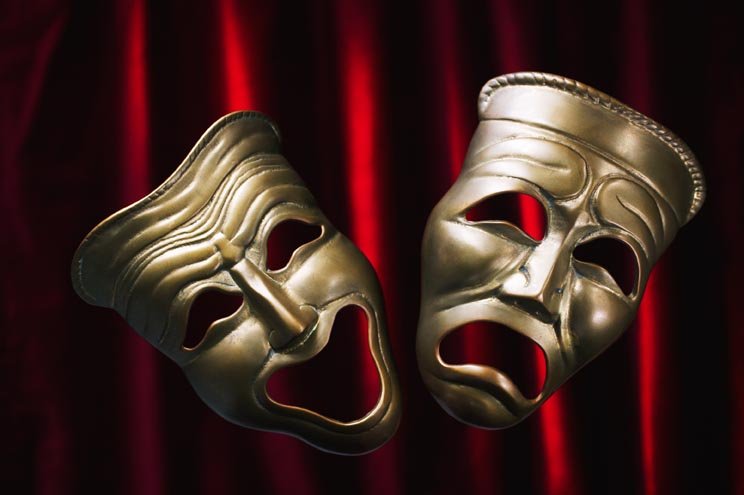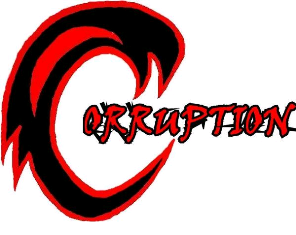Retellings of the great ancient tragedies are trending with writers including Kamila Shamsie, Colm Toibin and David Vann taking up the challenge.
By MIKE DOHERTY, Special to the Star
If anyone can help us understand the bewildering times we’re living in, it’s the ancient Greeks. At least, that’s the idea behind a cluster of recent books that rewrite or re-envision stories from a time and place that’s often viewed as the bedrock of Western civilization.
Among the legends being revisited this year are: the gruesome tale of murderous mother Medea (in U.S. writer David Vann’s Bright Air Black), the family revenge tragedy of Orestes (Irish writer Colm Toibin’s House of Names), the forbidden mourning of Antigone (Pakistani/U.K. writer Kamila Shamsie’s Home Fire, longlisted for this year’s Booker Prize) and the epic voyage of Odysseus (U.S. writer/critic Daniel Mendelsohn’s memoir An Odyssey). Why should such stories, which predate so many seismic societal changes, from the Renaissance to the internet, be so relevant now?
“Human nature is essentially unchanged since probably the caveman,” argues Mendelsohn, who teaches classics at Bard College in New York state. When we read the likes of Homer, Sophocles and Euripides, “we recognize ourselves with a bit of a shock.”
What’s more, we’re wrestling with many of the same issues as the ancient Greeks. The in-fighting and hotheaded decision-making in Greek legends and tragedies, for instance, will seem familiar to anyone who follows current U.S. politics. In this light, the idea that Western history is a narrative of continuous progress seems daft.
“North America and Western Europe spent several decades living in a really unnatural state, where you could believe there wouldn’t be terrible wars, and democracy was here to stay,” says the Karachi-born Shamsie. “The rest of the world has never had that. We always needed something to help us know how to live in the darkness. Greek tragedies look at the darkness and place you right within it.”
Classic tragedies can retain their power even when they’re transplanted from the theatre and into the modern novel. Shamsie’s Home Fire, for instance, vividly recasts Antigone’s story among Muslims in contemporary Britain. Shamsie addresses the question, “How can we stop feeling alienated, with all the fissures running through society?” by harking back to the culture that invented democracy — but didn’t perfect it. “It didn’t extend to women or slaves,” Shamsie notes, “and we are now living in what seems to me rather bad democracies as well, where civil liberties start to be given away in the name of security.”
David Vann agrees that the more things change, the more they stay the same. Where Euripides set his famous tragedy Medea in his own time (in the fifth century B.C.), Vann’s Bright Air Black backdates the story 800 years to when its events could realistically have taken place. Like Toibin with House of Names, Vann is concerned with the way new regimes, then and now, have sought to rewrite history in order to consolidate their power. In Medea’s time, he says, the Greeks were “trying to erase the whole Bronze Age, and saying, ‘OK, this is the beginning’” — and in his novel, when Medea and her husband Jason bring the Golden Fleece from her home in Soviet Georgia to his in Greece, her “uncivilized” upbringing is repudiated. Says Vann, “It’s frightening when someone is able to erase the past to serve their own needs. Now, with Trump, you see it at a faster speed than anyone’s ever dared before. He’ll say that what happened yesterday is no longer true.”
Where Medea is sometimes portrayed as criminally insane, Vann sees her story in a feminist light; he portrays the violence she feels she has to wreak in order to gain respect as a natural consequence of the ages-old misogynist rule of men, which has reached an “absolutely absurd” point with Trump. “Every aspect of Greek tragedy is still completely with us,” he says, “and I’m just describing who we are now. Greek tragedy is about how characters are out of control, acting unconsciously and they hurt all the people they love most. That hasn’t changed in 3,250 years.”
Mendelsohn, meanwhile, found in The Odyssey an unexpectedly deep personal significance when his 80-year-old father sat in on a course he taught about it at Bard, in 2010. He uses Homer’s own back-and-forth chronological structure, including Telemachus’s search to find and understand his long-lost father, Odysseus, to write about his own relationship with his father.
“The Greeks were very canny storytellers,” says Mendelsohn. “One reason we connect strongly to (their) material is that we get great characters.” Such characters can still flourish when they’re reimagined in 2017 — although we’re now in an age when plot is paramount and spoilers are scrupulously avoided. How to rewrite a story whose major turning points are common knowledge? Mendelsohn figures authors shouldn’t worry.
In ancient Greece, he points out, “Everybody went to the theatre having a pretty good idea of what was going to happen. The ‘What?’ is the least interesting question that a good work of literature answers. The ‘How?’ is the thrilling question, and the ‘Why?’ is the philosophical question. If anything, knowing what’s going to happen is a kind of advantage. It allows you to have some fun.”



















